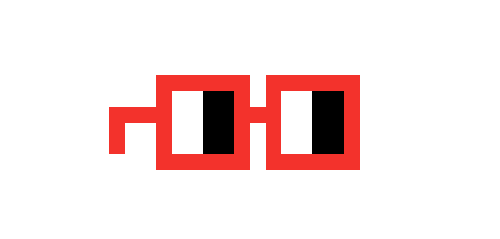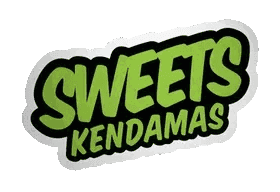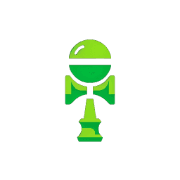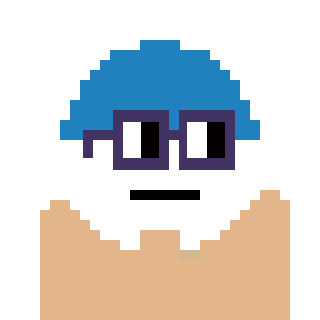
What is a cryptocurrency?
Cryptocurrency is digital money that works without banks, using blockchain technology to enable secure transactions. Think of it as a digital cash system where transactions are publicly recorded and hard to tamper with. Well-known examples include Bitcoin and Ethereum, which also support applications beyond payments, like art and community-building.
What is the difference between Bitcoin and Ethereum?
Bitcoin is primarily digital money. Other cryptocurrencies, like Ethereum, support a range of applications beyond payments, like smart contracts and NFTs.
Learn more at ethereum.org.
Why do people trust crypto?
Crypto operates on a transparent system without central control, so anyone can verify transactions, adding a layer of trust to the system.
Isn't crypto bad for the environment?
Early on, crypto was energy-intensive, but new technology, like Ethereum’s switch to proof-of-stake, reduced its energy use by over 99%. Today, many blockchains consume far less energy and some even support environmental initiatives, showing that crypto’s environmental impact is rapidly improving.
Learn more about Ethereum’s environmental impact
Explore Ethereum’s energy use
Are there legitimate uses for crypto outside of speculation?
Yes, crypto powers decentralized apps (dApps) for things like community funding, art, gaming, decentralized finance (loans, leverage, etc) and transparent charity donations. Projects like Nouns DAO use crypto to fund creative, positive initiatives, showing that it’s more than just a financial tool—it’s a way to support collaboration and innovation.
What is a blockchain?
A blockchain is like a secure digital ledger that keeps track of transactions in an open, tamper-resistant way. Imagine a public notebook where every entry is recorded permanently and can be viewed by anyone. It’s the foundation for cryptocurrency, but it’s also used for things like supply chains and voting records.
Are blockchains anonymous?
Crypto is pseudonymous, meaning transactions are tied to digital addresses, not names. This allows privacy while keeping records public to deter fraud.
What is a token?
A token is a digital asset on a blockchain. Some tokens are like currency for transactions, while others represent ownership, access, or voting rights.
What is a non-fungible token, or NFT?
NFTs are unique digital items representing ownership or authenticity, often used for art, music, or collectibles. Unlike regular cryptocurrencies, NFTs aren’t interchangeable. For example, a dollar is fungible because every dollar is equivalent to every other dollar, but a painting is unique and different from every other painting, making it non-fungible.
What is a DAO?
A DAO (Decentralized Autonomous Organization) is an online group where decisions are made by members instead of leaders. In a DAO like Nouns, token holders vote on projects and budgets directly, but every DAO operates differently. DAOs are run on blockchain technology, making them transparent and community-driven.
What is Nouns?
Nouns is a community-owned DAO that creates a unique NFT daily, using auction proceeds to fund projects chosen by members. Nouns aims to build a positive brand through creativity and collaboration, where the community decides how to use shared funds to support new ideas.
Why does Nouns need NFTs?
NFTs give Nouns both funding and governance. Each Noun NFT represents a vote in the community treasury, letting members make collective decisions about project funding. NFTs are uniquely suited for this as they enable ownership and control over resources without central oversight.
Do you need to buy a Noun to participate?
No! While owning a Noun grants direct voting rights, anyone can participate by submitting proposals or receiving delegated votes. Sub-DAOs like Kendama DAO or Gnars also welcome participation without needing to own a Noun.
What is the proposal process?
In Nouns DAO, anyone with a qualifying idea can submit a proposal for community funding. Proposals are then voted on by Noun holders, making it a democratic process with no central leadership deciding how funds are used.
Is there a legal entity for Nouns?
Yes, Nouns has a legal structure to help with compliance and accountability. Every transaction is visible on the blockchain, making Nouns potentially one of the most transparent organizations as all actions are recorded and visible to the public.
What is the goal/point of Nouns?
Nouns aims to create a community-driven brand that brings people together through creative projects. It’s about building a shared legacy where everyone can contribute ideas and support initiatives that align with the Nouns spirit of collaboration and positivity.
What does Nouns get out of funding these things?
By funding diverse projects, Nouns creates a positive, recognizable culture. Each initiative strengthens the Nouns brand, adding value and impact through community-supported creativity that contributes to its long-term legacy.
What are sub-DAOs like Gnars?
Sub-DAOs, such as Gnars for action sports, are smaller communities within Nouns that focus on specific interests. They work independently but share the broader Nouns mission, allowing people to contribute to niche areas like sports, art, or kendama.
